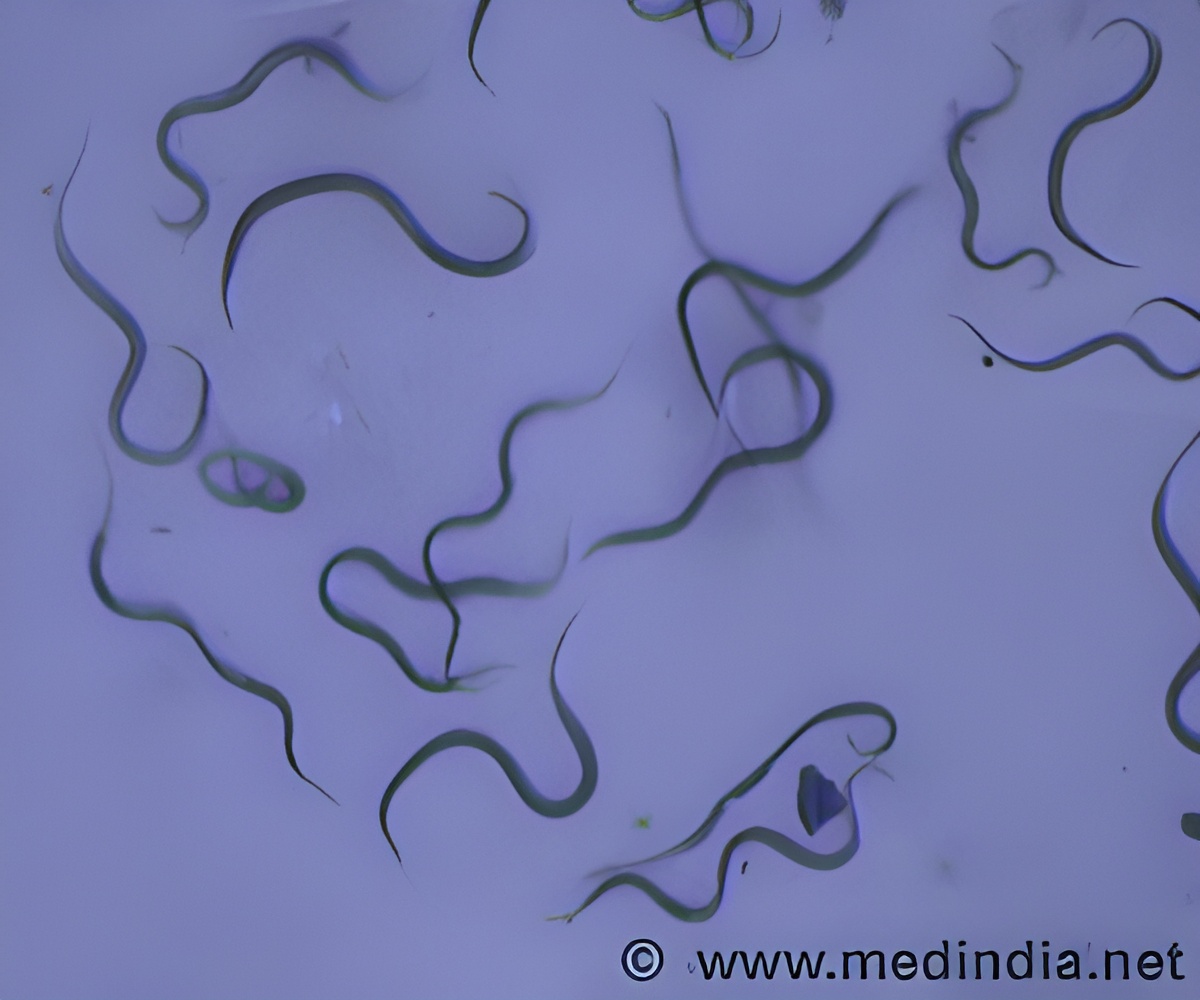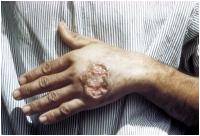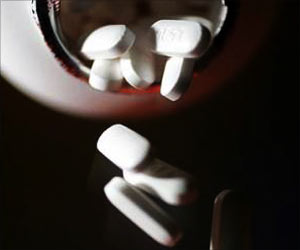Spread of schistosomiasis, a deadly parasitic disease that can cause anemia, infertility, and other illnesses, can be prevented by freshwater prawns.

"The results of our study open the pathway to a novel approach for the control of schistosomiasis," said study co-author Giulio De Leo, a biology professor at Hopkins Marine Station of Stanford University in the US.
Worldwide, nearly 800 million people are at risk of getting schistosomiasis. The study, published in the journal Proceedings of the National Academy of Science, tracked parasite-infected snails and people in villages in Senegal, West Africa. In one village, the international research team and Senegalese partner Biomedical Research Center Espoir pour la Sante stocked a river access point with prawns.
Over the course of 18 months, they found 80% fewer infected snails and a 50% lower disease burden (the mean number of parasite eggs in a person’s urine) in people living in the prawn-stocked village. "They can synergize with local efforts in the developing world to fight parasitic disease and to foster new aquaculture-based industries," lead author Susanne Sokolow from Stanford’s Hopkins Marine Station said.
Currently, the only treatment for the disease is the drug praziquantel. Insufficient global supplies, cost and other factors limit that drug’s effectiveness. Even if it were widely and cheaply available, praziquantel would be an incomplete solution for people who enter river water to bathe and clean clothing, among other reasons, and get re-infected frequently through contact with schistosome-contaminated waters, the study said.
Source-IANS











